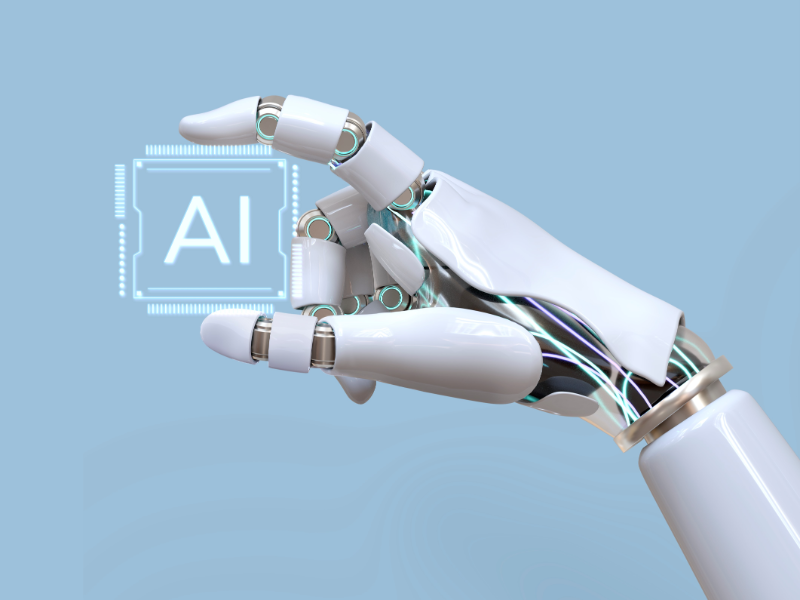- While AI has significant use cases, it also has some limitations. Creating machine learning algorithms and code requires human expertise.
- With AI and human expertise powering user’s data analysis process, users get quality, efficiency, and personalised insights for better business outcomes.
The debate around AI potentially replacing jobs in various sectors has been active for over a decade. However, recent advancements in AI technology, particularly the emergence of generative AI like ChatGPT, raise more significant concerns. These tools offer limitless potential across different industries, including the data analytics sector.
Understanding the role of data analysts
At its core, a data analyst is the custodian of insights that guide stakeholders’ decision-making processes. Their job involves managing the collection, analysis, and extraction of valuable insights from their company’s data. Data analysts perform tasks such as data cleaning, managing data analytics software, and understanding databases. They might also write SQL queries, create data visualisation reports, or develop Python code for analytical algorithms. Data analysts are essential for ensuring stakeholders receive clear and understandable information about company performance.
Similarly, data analysts understand the best metrics to monitor and the data infrastructure required for effective monitoring. However, their role comes with challenges. Despite human expertise and tools like Tableau, they face difficulties such as maintaining data quality when analysing large volumes of data. Human error remains a factor in any activity involving individuals.
Furthermore, analysing extensive data and delivering information quickly or in real-time presents challenges. Business stakeholders often need to quickly grasp real-time trends or ask specific questions about reports. Data analysts may struggle to provide such real-time, flexible insights, especially when analysing parameters beyond standard metrics. These concerns have raised questions about AI potentially replacing humans. Given that many AI tools can perform these tasks, the question arises: why hire human experts? Despite this potential, AI has limitations, as we will explore shortly.
Also read: Brazil orders Meta to stop training its AI on personal data
Also read: AI coding startup Magic seeks $1.5B valuation in new funding
Limitations of AI in data analysis
While AI has significant applications, it also has limitations. Creating accurate machine learning algorithms and code requires human expertise.
Even with tools like the current OpenAI Code Interpreter plugin that facilitates code creation, human input is necessary to ensure correct queries and parameters. Additionally, some AI tools may not consistently deliver accurate results. Therefore, human experts are needed to ask insightful questions, make subjective judgments, and consider ethical implications. Data analytics also involves collaboration with stakeholders, necessitating effective communication. While AI can automate repetitive tasks, it cannot replace the empathy, creativity, and instincts that human data analysts possess.
Final verdict on the future of data analyst jobs in the age of AI
Will AI replace data analysts? The answer is undoubtedly no. AI will assist and augment the work of data analysts. Rather than focusing on threats, attention should be on the benefits AI offers. With AI and human expertise working together in data analysis processes, users gain quality, efficiency, and personalised insights for improved business outcomes.
AI-powered tools enable analysts to respond in real-time with natural language processing, thereby reducing the time required to delve into numerous data fields and allowing them to concentrate on critical analytical thinking.

